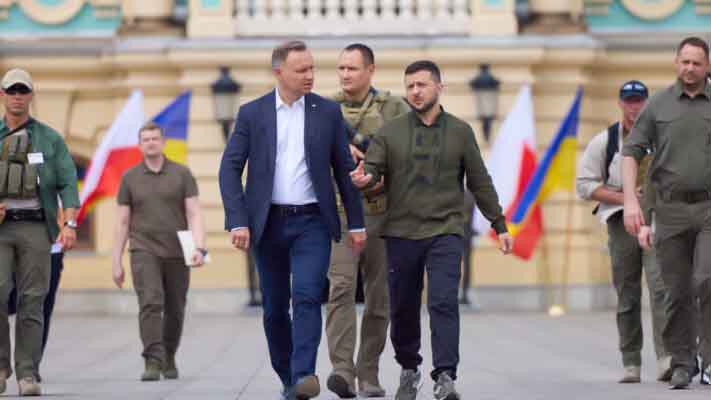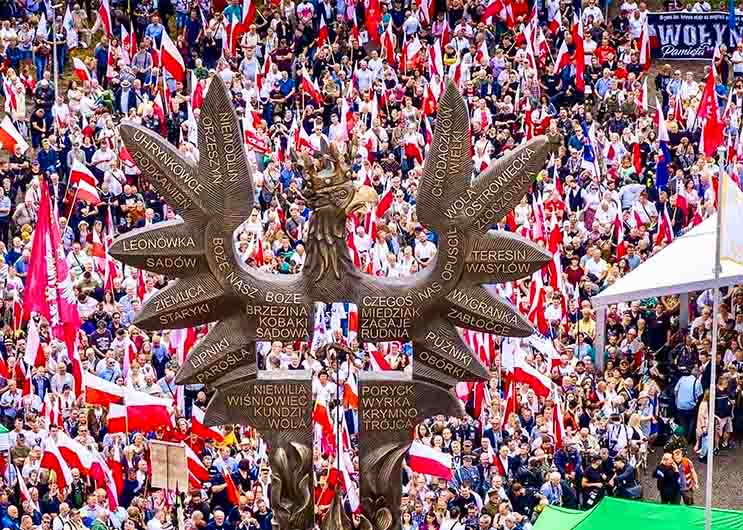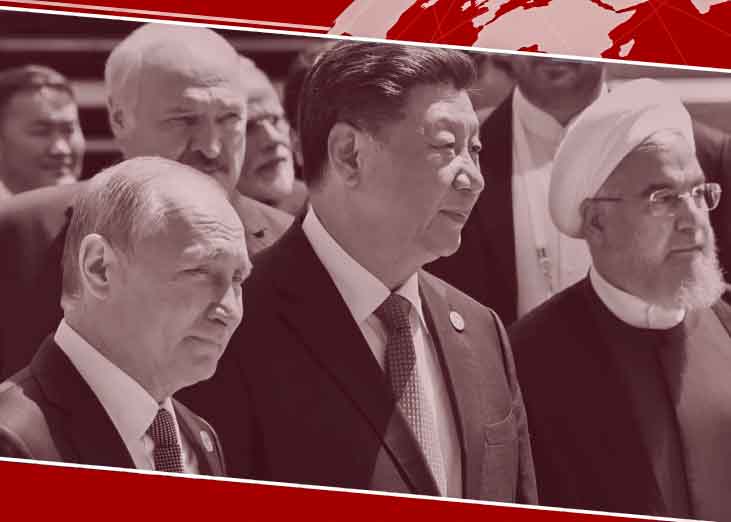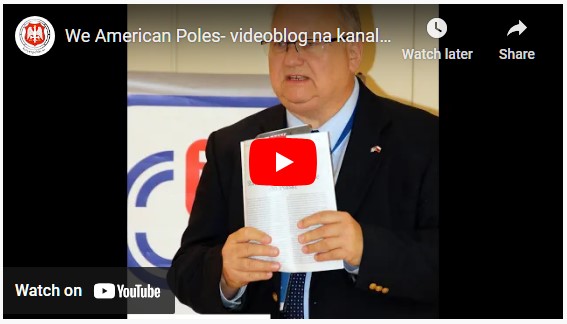While in Poland for the last 10 days, I discussed a lot about what keeps Poles awake at night. One of such important issues, apart from the election campaign, was the increasingly growing problem of Polish-Ukrainian relations.
It is worth recalling that immediately after Russia's attack on Ukraine, Poles massively, without coercion, and completely spontaneously welcomed Ukrainians into their homes, mainly women and children. At that time, we gained recognition in the Western world, but it was relatively short-lived because we were unable to deal with this topic diplomatically and in the media.

Presidents Duda and Zelenski in Kiyv, August 2022 (Source: ecfr.eu)
Instead, after flooding the Polish agricultural market with cheap Ukrainian grain, the government in Kiev, headed by President Zelensky, launched an unprecedented attack on Poland and isolating Poland in neighborly relations. Despite the invitation to the Economic Forum in Karpacz and other similar events, delegations from Ukraine did not arrive. There are also no Polish delegations at economic events in Kiev.
There were no words of apology awaited by Poles on the anniversary of the Volhynian massacre. There was no apology for the incident in Przewodowo. To this day, the victims' families have not received compensation for the death of their loved ones. Ukraine complained about Poland to the World Trade Organization and introduced an embargo on Polish vegetables and fruit.
According to the Institute of the World Economy in Kiel, which emphasizes that its report on the aid of individual countries to Ukraine is seriously underestimated with respect to Poland because it is difficult to establish certain figures, Poland has provided from the beginning of the conflict between Ukraine and Russia:
- Help to Ukrainian citizens – PLN 71.4 billion ($16.88 billion),
- Military aid – PLN 14 billion ($3.22 billion),
- Private aid from Poles – PLN 10 billion ($2.38 billion),
- Humanitarian aid – PLN 4.3 billion ($1.2 billion),
- Financial assistance – PLN 1.6 billion ($380 million).
We must add to this the financial collections of various groups of the Polish diaspora, where over half a million dollars were collected in Chicago alone. In total, the Kiel institute estimates an amount higher than PLN 100 billion ($23.61 billion).
It should be noted that military equipment is provided to Ukraine by Poland, unlike other countries, for free. This is a lot for a still-developing country.
The grain crisis may lead to the collapse of Polish agriculture, but this is of no importance to the President of Ukraine. There is an Indian legend in which a scorpion asks a fox to swim with it on its back to the other shore. Halfway there, the scorpion bit the fox. Why did you do that? The fox asked, after all, now we will die together. "It's hard, that's my nature," replied the scorpion.
It seems that after all these hugs and the Order of the White Eagle, we will remain responsible and must continue to support Ukraine. Maybe we should do it a bit differently. Certainly not for free. Maybe it's worth starting to hug General Załużny.
One thing is for sure. After Zelensky's great failure in Canada, where the Canadian Parliament honored the Nazi from the SS Galizien Division with a standing ovation, it became clear that the West would be closely watching all of Zelensky's moves, and the State Department had probably diagnosed his potential successor a long time ago. Especially after Zelensky nominated Germany as a candidate for the UN Security Council. (Even teenagers in American high schools know that Germany on the UN Security Council is not a goal of American foreign policy.)
The Republicans added to this the proverbial spoonful of tar by blocking funds for Ukraine. The clock is ticking. Conflict breaks out in the Middle East. This pushes the Ukraine issue into the background. It seems that we are entering the third phase of World War III. I wish I was wrong.
It's a pity that we don't have effective Polish diplomacy, which is in a deep crisis after the visa scandal. Without effective diplomacy and citizen diplomacy of the Polish diaspora, we have no influence on American, Ukrainian, German and EU politics. It's sad. An interesting question asked by Dr. Bohdan Kotnis in our article: "Hybrid War and national strategy" and I quote: "In whose interest is it to divide the national potential and reject a priori the third part of the national potential?"
He means the 20 million-strong Polish diaspora spread all over the world.








